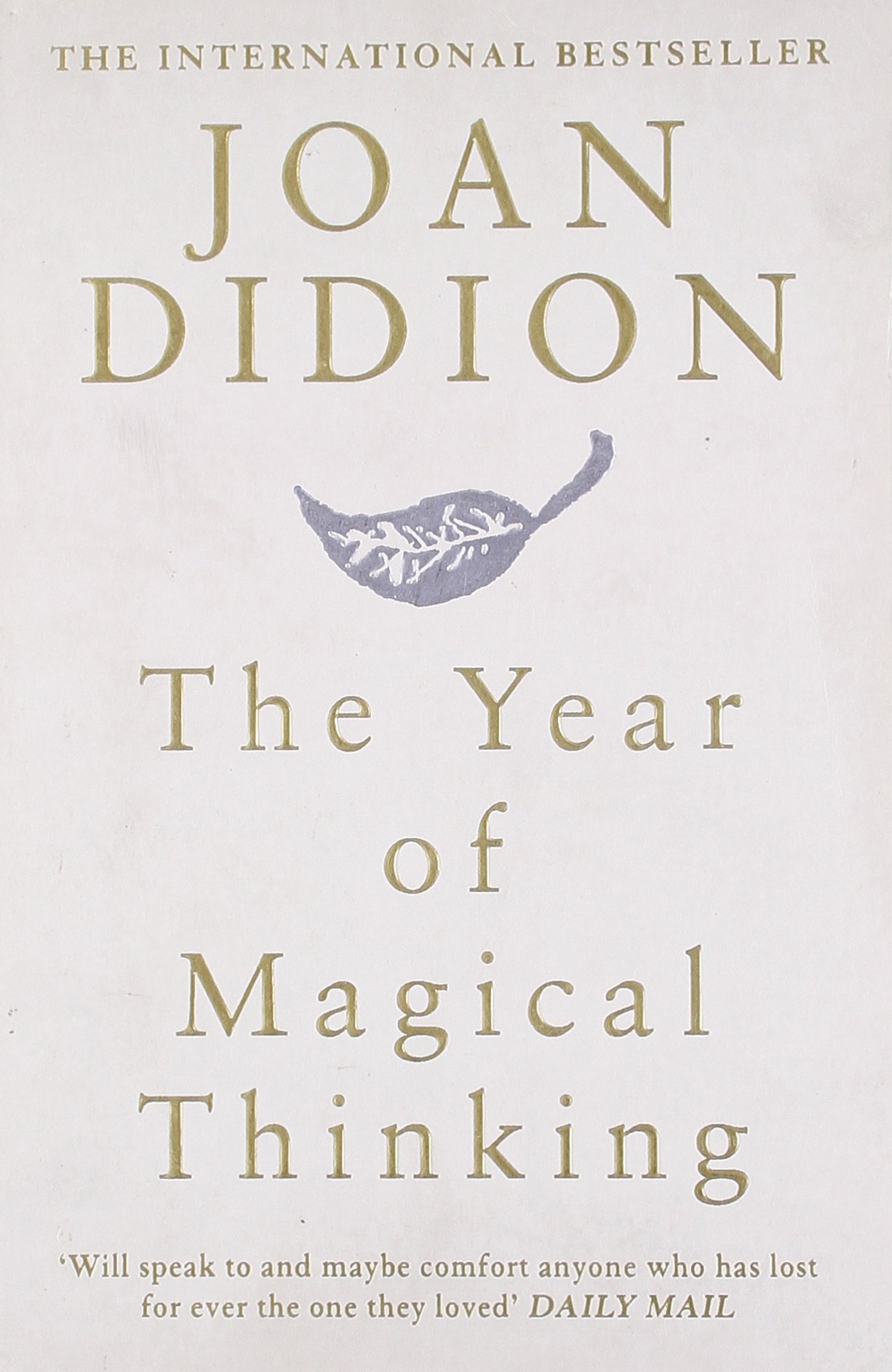“I had been walking one afternoon in Scotland and thought: Why don’t I just keep going? There was, I said, a magic in leaving a line of footprints stretching across Asia.”
I was initially repelled by the summary of this book: an upper-class English military man wanders from Herat to Kabul on foot, surviving through the generosity of people already deeply in poverty. Why, I wondered, would I want to read about the self-realisation of a twit achieved through the endangerment of Afghanis?
It’s a difficult thing to write a book about being a tourist in war-torn Afghanistan at the height of the Western invasion and not come across as a self-serving narcissist; Stewart, for the most part, manages to thread that needle by not talking much about himself at all. His reasons for the trip are outlined vaguely – following the path of Babur, an ancient conqueror who overtook large parts of Asia – but that explains his route, rather than his actual motivations for a journey which was both extraordinarily dangerous and costly. Instead, his writing focuses on the voices of the villagers he meets, explaining their stories briefly and with sympathy, focusing on Stewart’s interest in them both as people and products of the region they live in.
You get the sense that an impartial observer should be sceptical about the idea of Afghanistan as a nation at all, at least in the sense that the modern West conceives of one – a place with a united government, for whom all its citizens should both account for and be accountable too.
Afghanistan’s many tribes are ruled in a sort of feudal system, relying on the whims of foreign aids and local chiefs to live on land that has been ravaged by war for decades. You get a strong sense for how the geography of the land governs a person’s life, and how history stretching back millennia has shaped the current social and political climate.
However, some nearly-shot children and nearly-murdered guides cast a foolhardy glare on the enterprise which spawned the admittedly engaging book. Stewart’s a talented writer, and his observations about the country feel carefully observed and truly felt; it’s easy to admire adventurers in the abstract, but Stewart’s flights of fancy seemingly result in more death than would have occurred had he never arrived at all. We never see him regret this; he doesn’t seem to think of it at all. Thus, the glossy shine of his adventurous spirit sheen fades quickly, revealing a reckless man who’s good with words but bad at caring for people who would be better off if he’d stayed home.









